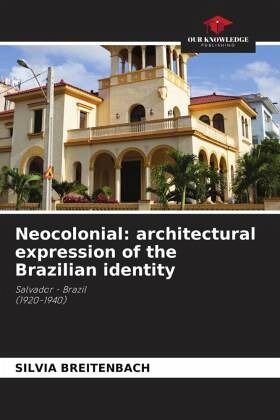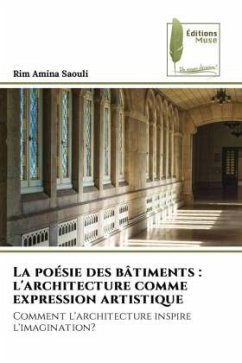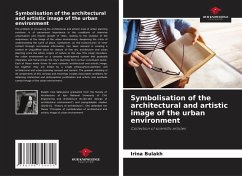
Neocolonial: architectural expression of the Brazilian identity
Salvador - Brazil (1920-1940)
Versandkostenfrei!
Versandfertig in 6-10 Tagen
56,99 €
inkl. MwSt.

PAYBACK Punkte
28 °P sammeln!
The awareness of a national identity at the beginning of the 20th century became a motivating force in which it was possible to interpret, for the first time in Brazilian history, what could be validated as an authentic national architecture. This happens at a moment in which Brazil is involved in the midst of several conservative and progressive currents, but in all of them there was the same aspiration that to be modern is to be nationalist. In this context, an architectural production known as the "Neocolonial Style" emerged from a campaign that began in the second decade of the 20th centur...
The awareness of a national identity at the beginning of the 20th century became a motivating force in which it was possible to interpret, for the first time in Brazilian history, what could be validated as an authentic national architecture. This happens at a moment in which Brazil is involved in the midst of several conservative and progressive currents, but in all of them there was the same aspiration that to be modern is to be nationalist. In this context, an architectural production known as the "Neocolonial Style" emerged from a campaign that began in the second decade of the 20th century. It is in this context of symbolic representations that the Neocolonial is interpreted and contextualized, for its nationalist and preservationist vocation, but it is an ambiguous interpretation, whose references are set aside by the emergence of modern architecture, against which it fought a losing battle in the dispute for the legitimacy of architecture in Brazilian culture.












